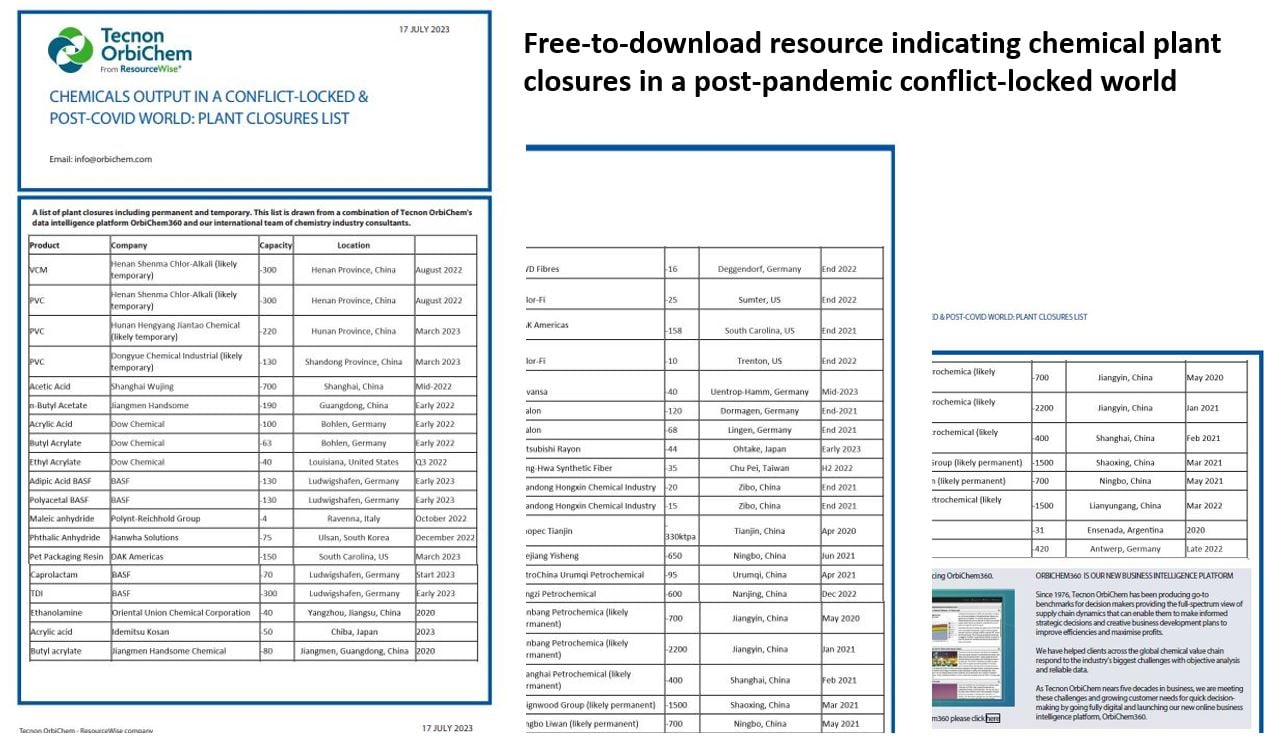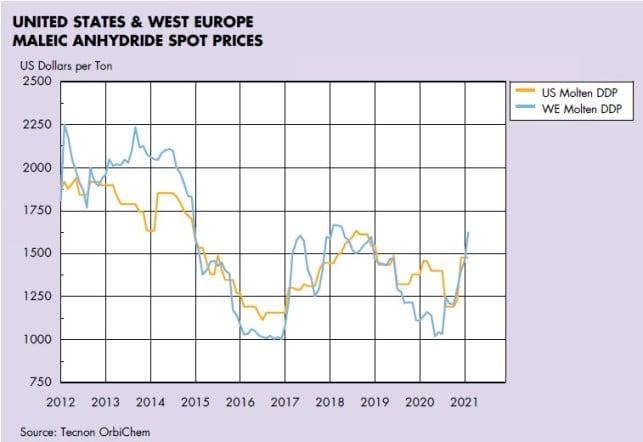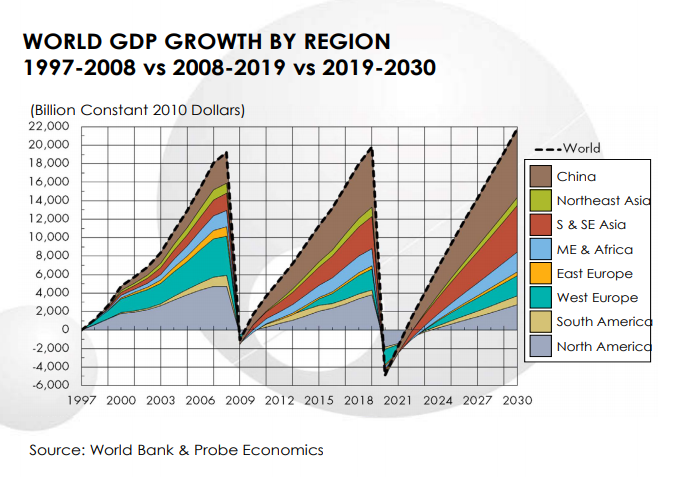- Expertise
- Solutions
- CHEMICAL PORTFOLIO
- Acetic Acid • Vinyl Acetate
- Acrylic Acid & Acrylate Esters
- Bio-Materials & Intermediates
- Chlor-Alkali & Derivatives
- Engineering Thermoplastics
- Epoxy Resins & Co-Reactants
- Ethylene Glycols • EO & EODS
- Fibres & Intermediates
- Maleic Anhydride • 1,4-Butanediol & Derivatives
- Orthoxylene • Phthalic Anhydride
- Phenol • Acetone & Derivatives
- Plasticisers • Oxo Alcohols
- Polyamide & Intermediates
- Polyester & Intermediates
- Polyurethanes & Intermediates
- Unsaturated Polyester Resin
- Aromatics
- Olefins
- Polyolefins
- RESOURCES
- COMPANY
- Contact
INDUSTRIES
OrbiChem360
OrbiChem360 provides comprehensive chemical business intelligence to assist business managers in their strategic planning and business performance optimisation.
MARKET DATA, INSIGHTS & INTELLIGENCE
CONSULTING SERVICES
Specialist and Strategic Advisory Services
OrbiChem360
OrbiChem360 provides comprehensive chemical business intelligence to assist business managers in their strategic planning and business performance optimisation.
Main Menu
- MAIN MENU
- Expertise
- Service & Solutions
- Chemical Portfolio
- Acetic Acid • Vinyl Acetate
- Acrylic Acid & Acrylate Esters
- Bio-Materials & Intermediates
- Chlor Alkali & Derivatives
- Engineering Thermoplastics
- Epoxy Resins & Co-Reactants
- Ethylene Glycols • EO & EODS
- Fibres & Intermediates
- Maleic Anhydride • 1,4-Butanediol & Derivatives
- Orthoxylene • Phthalic Anhydride
- Phenol • Acetone & Derivatives
- Plasticisers • Oxo Alcohols
- Polyamide & Intermediates
- Polyester & Intermediates
- Polyurethanes & Intermediates
- Unsaturated Polyester Resin
- Aromatics
- Olefins
- Polyolefins
- Resources
- Company
- Events
- LOGIN
- CONTACT







